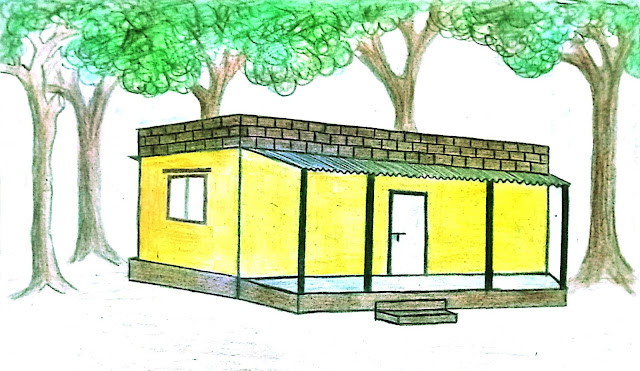Sundarban left unprotected for years: Govt ignores its own suggestions
Daily NewAge | December 20, 2014 12:38 am
Tapos Kanti Das
-------------------------------------------------------
Non-implementation of decisions and suggestions of different government
and green organisations has left Sundarban vulnerable for years. Experts and greens believe that the Sundarban oil spill disaster could
have been avoided if the decisions and recommendations had been
implemented.
On December 9, oil tanker OT Southern Star-7 sank in the Shela River flowing through Sundarban emptying into the river most of the 3.58 lakh litres of furnace oil it was carrying, affecting 350 square kilometres of forest. ‘We had opposed the operation of vessels through the Shela River route in Sundarban when it began in 2011,’ environment and forest minister Anwar Hossain Manju told New Age on Friday after visiting the affected areas.
He, however, said that the damage inflicted on the environment and bio-diversity of Sundarban by the oil spill was ‘not as grave as we had feared’. After the suggestions of the ministry were ignored in 2011, the forest department imposed a ban on movement of vessels through the Shela River route at night, but the order was also not executed, senior forest department officials said. They said that OT Southern Star-7 was sailing at night before it capsized in dense fog before daybreak.
The greens, however, alleged that the government never paid heed to their concern and took the Sundarban issue lightly. Preservation of Sundarban was never a priority of the government. Referring to ‘Oil spill impact on the Sundarban Mangrove Forest Report’ of 2002 under the government’s ‘Oil spill impact and response management programme’, they alleged that the government knew how and when an oil spill problem should be addressed for reduction of losses, but they did not do so.
The study conducted by Japan Oil Engineering Company Limited, in association with Fuyo Ocean Development and Engineering Company Ltd of Japan and Consolidated Services Limited, Bangladesh, suggested earliest coordinated response by all departments concerned, use of booms and skimmers to prevent the spilled oil from spreading and immediate start of cleaning procedures.
‘Improvised booms may be made from readily available materials, such as bamboos, logs, gunny bags, raw jute, rags, and straw bales to collect the floating oils on the water surface. Involvement of local people in combating the oil spills, if possible, is highly recommended from the viewpoint of more cost-effective operation,’ the July 2002 report said.
‘The accident occurred on November 9, but the government agencies concerned waited for three days to take a decision to begin oil slick cleanup operation using villagers,’ Sundarban Watch Group member-secretary Hasan Mehedi said and alleged that the time allowed the spilled oil to spread over vast areas through six high tides and as many low tides. Actually, he said, the government ignored its own suggestions and had no preparedness to face such accidents though it allowed commercial ships to carry oil and other materials harmful for nature through the Sundarban river route.
‘Actually, Sundarban was never a priority concern of the government and it has been proved by the accident, the government’s belated response and taking the matter lightly,’ Sundarban Rokhkha Jatiya Committee member-secretary Abdul Matin alleged. He alleged that the government had never paid heed to the concerns expressed by the greens and experts on plying of vessels on Sundarban rivers and destructive projects near the mangrove forest.


